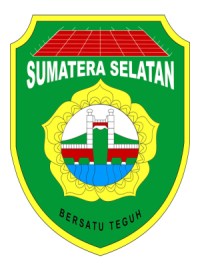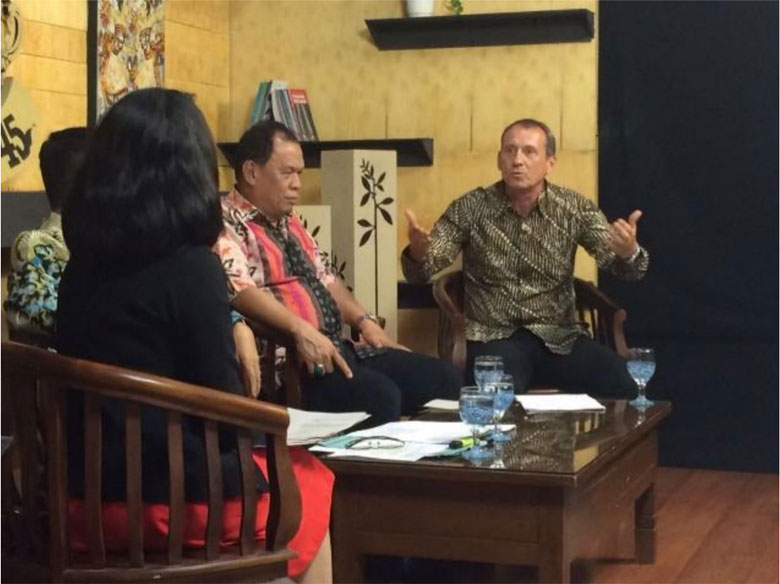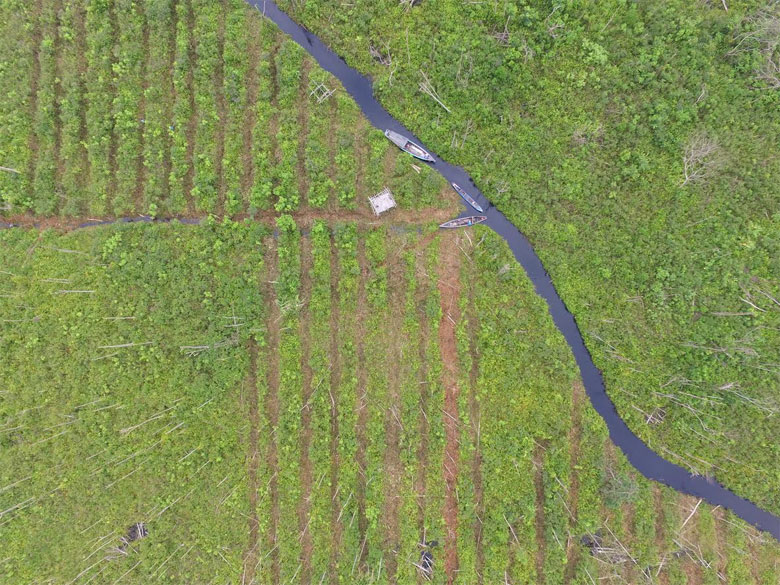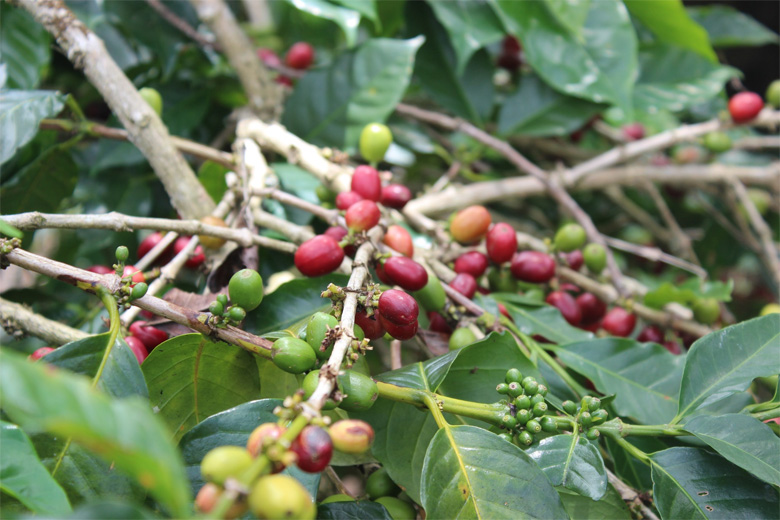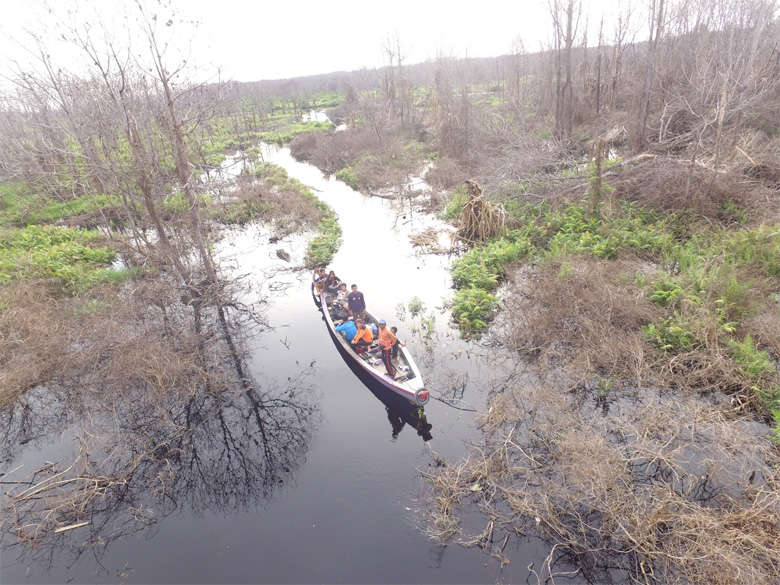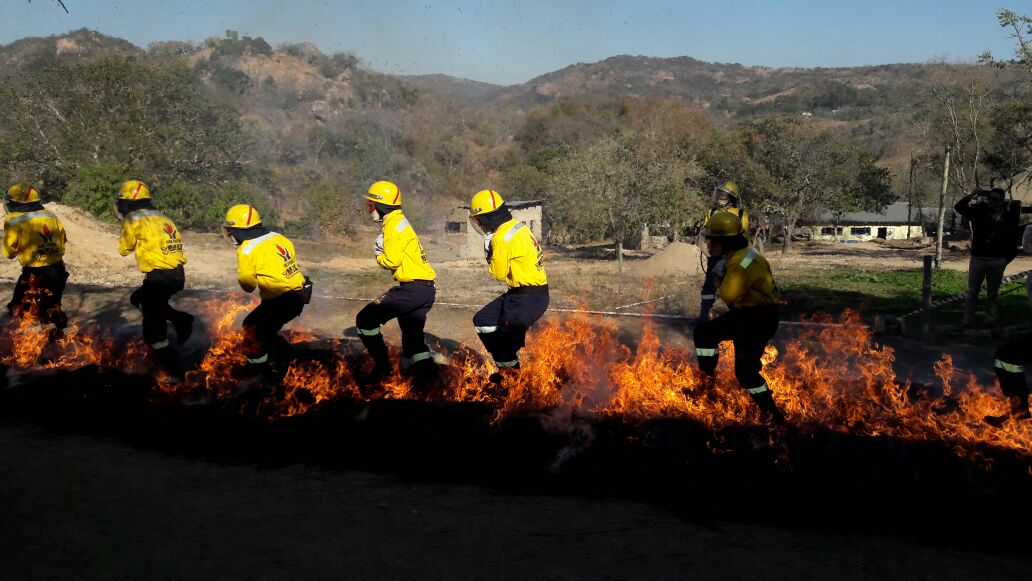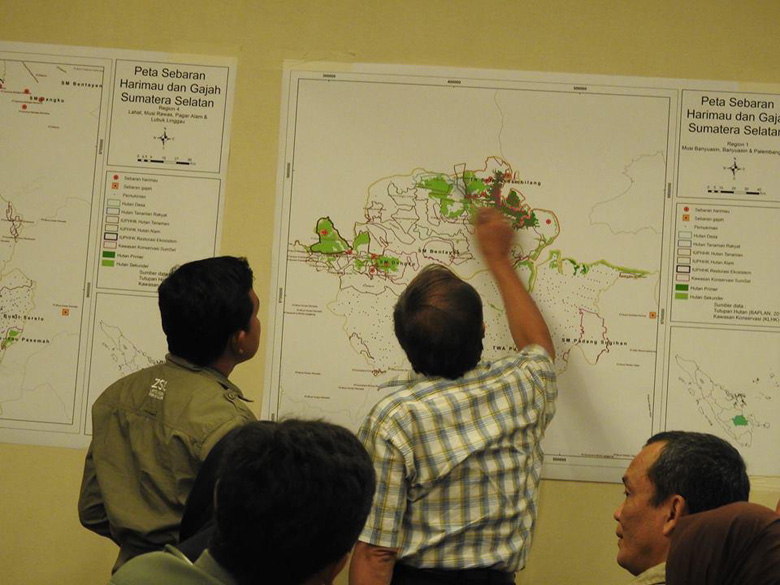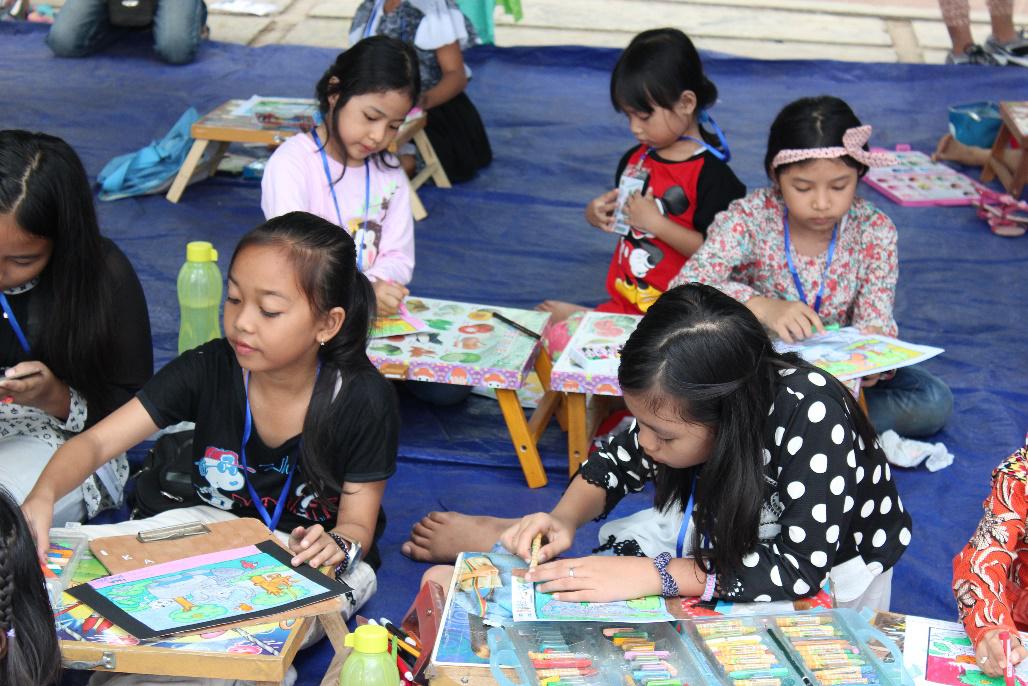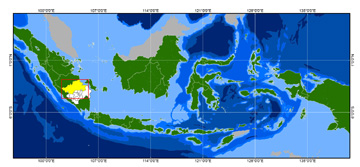Strengthening Community Farmer Groups Concerned about Forests and Biodiversity
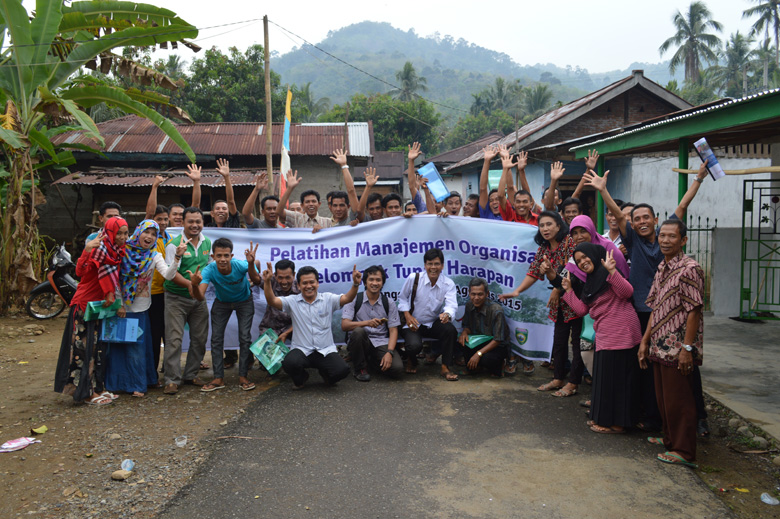
One of BIOCLIME’s aims in involving communities in sustainable forest management is to facilitate the establishment of community groups that care about forests and biodiversity. Between 2014 and early 2015, BIOCLIME facilitated the establishment of 5 (five) village community groups in 4 (four) project partner districts. The Muara Sungsang Mandiri and Tunas Harapan groups were established in Muara Sungsang and Karang Panggung villages respectively. These groups are expected to form the embryos for village communities to become independent in their efforts to plan and manage forests sustainably.
As newly established groups, Muara Sungsang Mandiri and Tunas Harapan needed facilitation and organisational strengthening to help them overcome problems that have arisen during group activities, so they can design group statutes and bylaws, bookkeeping and administration and financial management systems, stakeholder roles and functions as well as networks, in this case with KPHs, and local NGOs. In future, these stakeholders will be expected to help community groups with planning and sustainable forest management.
Assessing community group needs, and based on recommendations from its previous establishment of community farmer groups, BIOCLIME held group organisational management training sessions in Karang Panggung and Muara Sungsang villages, Banyuasin district.
Training in Karang Panggung took place on 5-6 August 2015 and involved 31 participants (27 men and 4 women). The stakeholders involved were from KPHP Lakitan. Sessions in Muara Sungsang took place on 15-16 September 2015 involving KPHL Banyuasin, a BIOCLIME partner that had previously participated in community development activities. The training involved 25 participants (19 men and 6 women) with trainers from Yayasan Kemasda Ogan Ilir experienced in forest community facilitation.
The objective of the training sessions was to improve community knowledge, skills and attitude to overcome problems (social, economic, cultural and political) in order to help the groups become more dynamic and gender equitable.
Contact:
Nyimas Wardah
Capacity Development and PR



